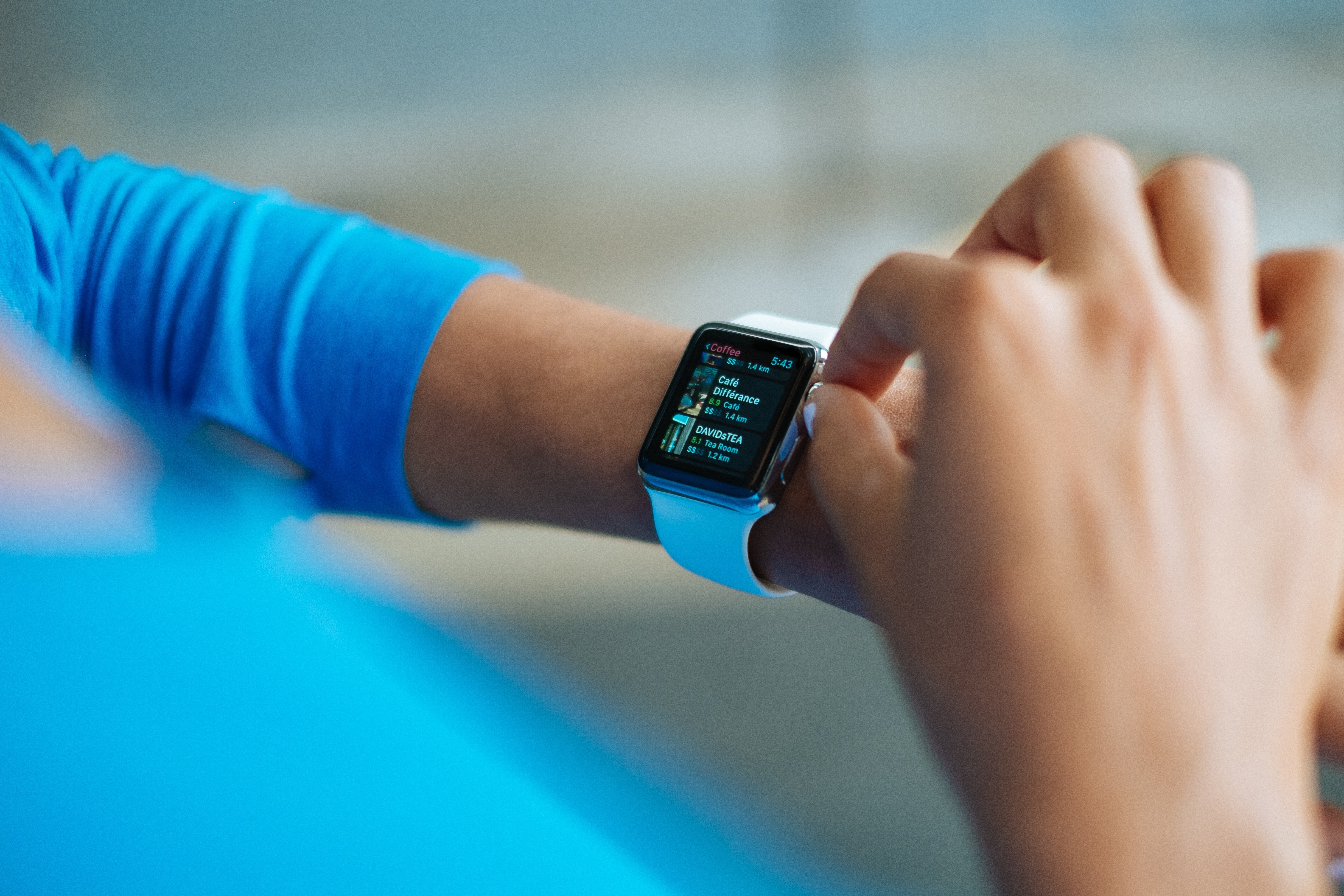Transparency is extremely important to us, so we are letting you know that we may receive a commission on some of links you click on from this page. See our disclaimer.
Like many devices, Apple Watch positions itself as a health benefit. A new study indicates that it just might help detect a chronic disease that is a key focus for well-run workplace wellness programs.
Reuters reports that “the number of people living with diabetes has tripled since 2000, pushing the global cost of the disease to $850 billion a year.” Further, Interactive Health has found that
- 30-39% of Americans are estimated to be living with prediabetes
- An estimated 90% of those with prediabetes are not aware of their risk
- Although more effective, only 25-35% of all those at risk of prediabetes are identified through our targeted A1c testing
As we've noted, the U.S. Centers for Disease Control & Prevention outlines various keys to build a workplace wellness program that focuses on diabetes. Further, the CDC offers a wide range of important information about diabetes and the workplace in its Workplace Health Resource Center.
Apple Watch
TechCrunch reports that “according to Cardiogram founder Brandon Ballinger’s latest clinical study, the Apple Watch can detect diabetes in those previously diagnosed with the disease with an 85 percent accuracy.”
“The study is part of the larger DeepHeart study with Cardiogram and UCSF. This particular study used data from 14,000 Apple Watch users and was able to detect that 462 of them had diabetes by using the Watch’s heart rate sensor, the same type of sensor other fitness bands using Android Wear also integrate into their systems.”
It should be noted that the study and the approach come under scrutiny.
Wired reports that it “sends up red flags for Eric Topol, a cardiologist and Director of the Scripps Translational Science Institute, where he’s leading the digital health arm of the NIH’s billion dollar Precision Medicine Initiative. ‘This combines features of the black box of algorithms and the black box of biology,' he says, of the Cardiogram study. ‘It’s unconvincing and shaky. At best it would be considered hypothesis-generating.' The hypothesis here being that DeepHeart might be picking up a diabetes signal. But it might be picking up something else.”
But supporters argue that if the device indicates a potential for diabetes, that doesn't mean one has the chronic disease. But it means one may want to visit a doctor to confirm.
Given the toll that diabetes can take on individuals — and the important ways that it can be properly managed with the right information and medical care — increasing awareness may be beneficial.
And awareness around diabetes is key to enabling a well-run workplace wellness program to help address the issue.




0 Comments